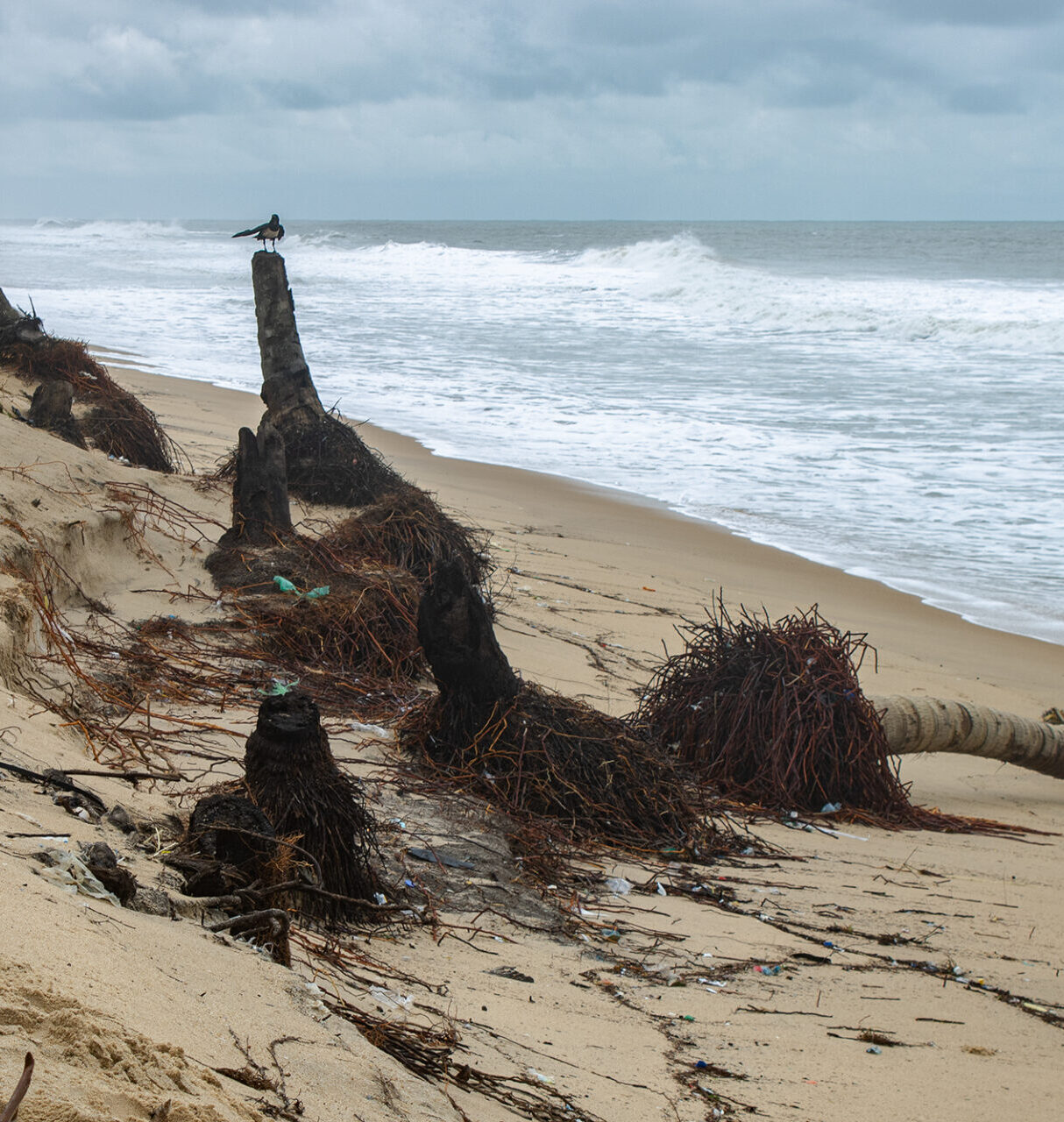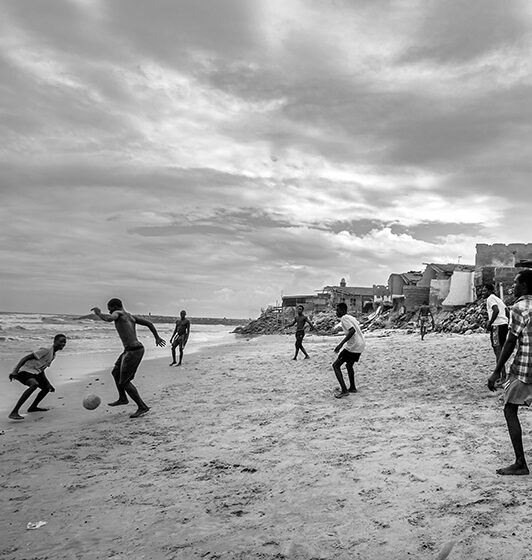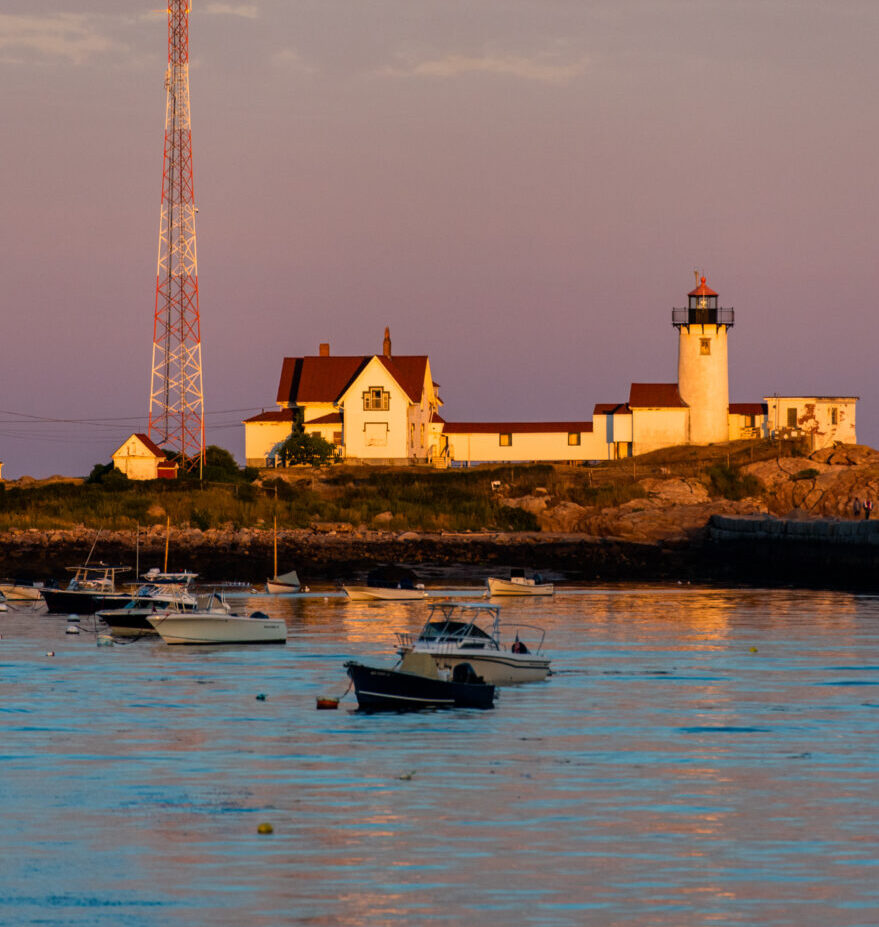HLS 3111
ESG: Corporate Ethics in the 21st Century
This course will investigate the rise of ESG (Environmental, Social and Governance) as a dominant investment strategy and its consequences for corporate governance and regulation of several sectors in the global economy.
Tue, Sep 3, 2024









